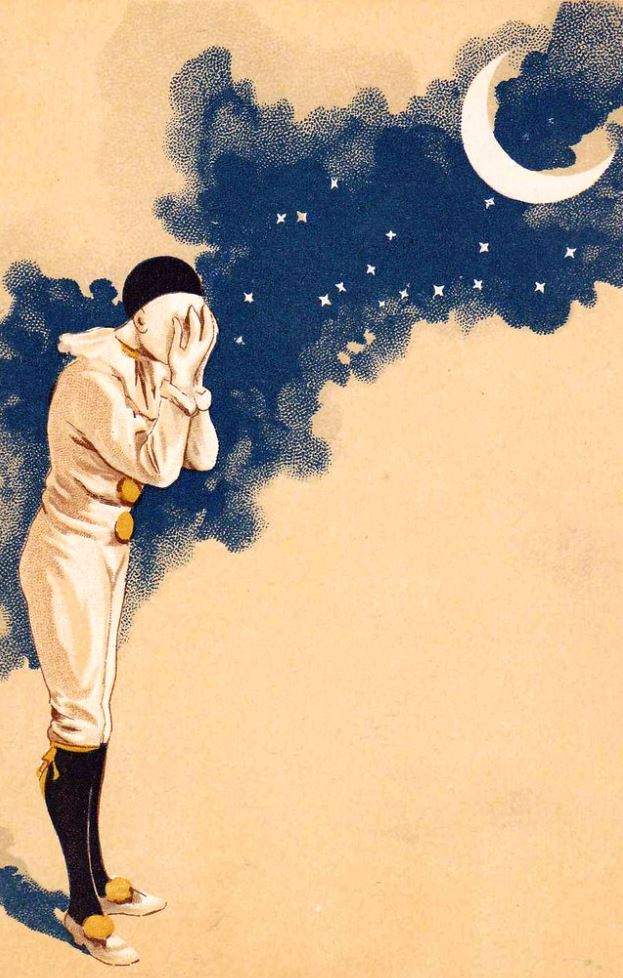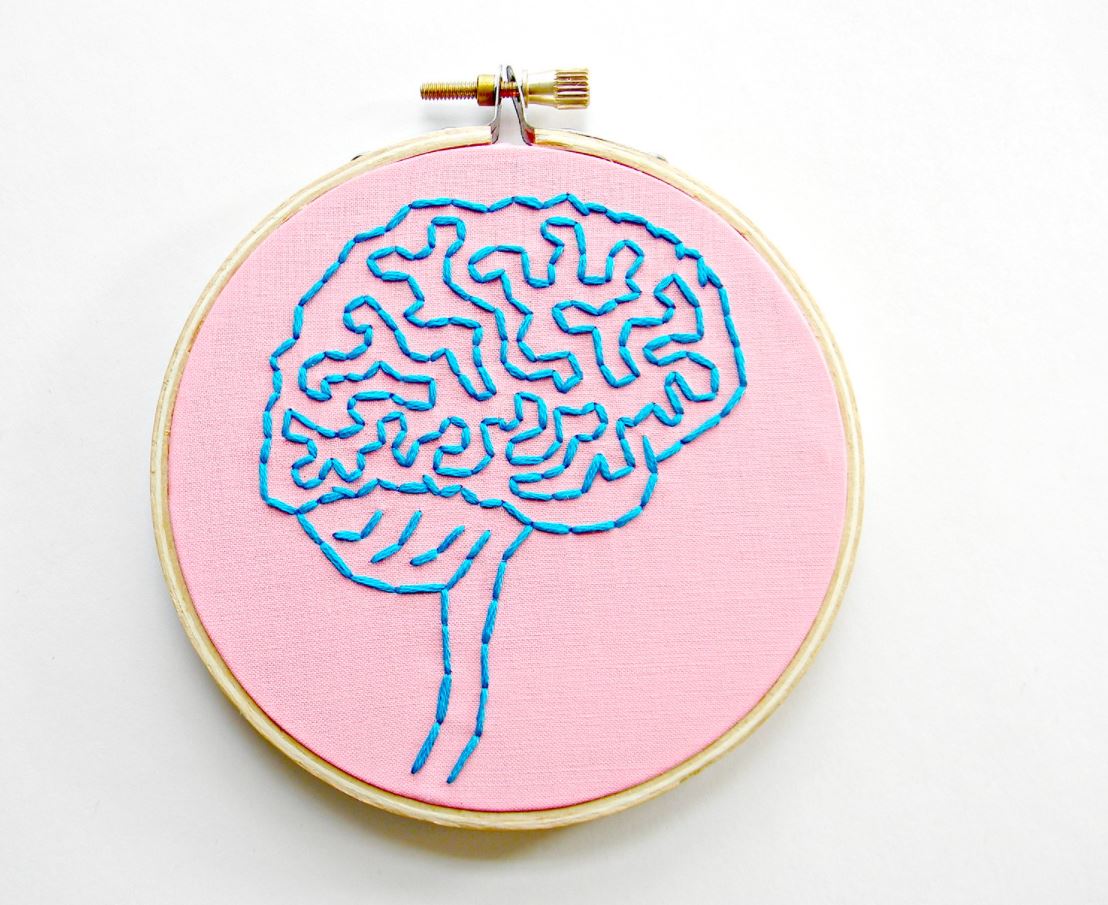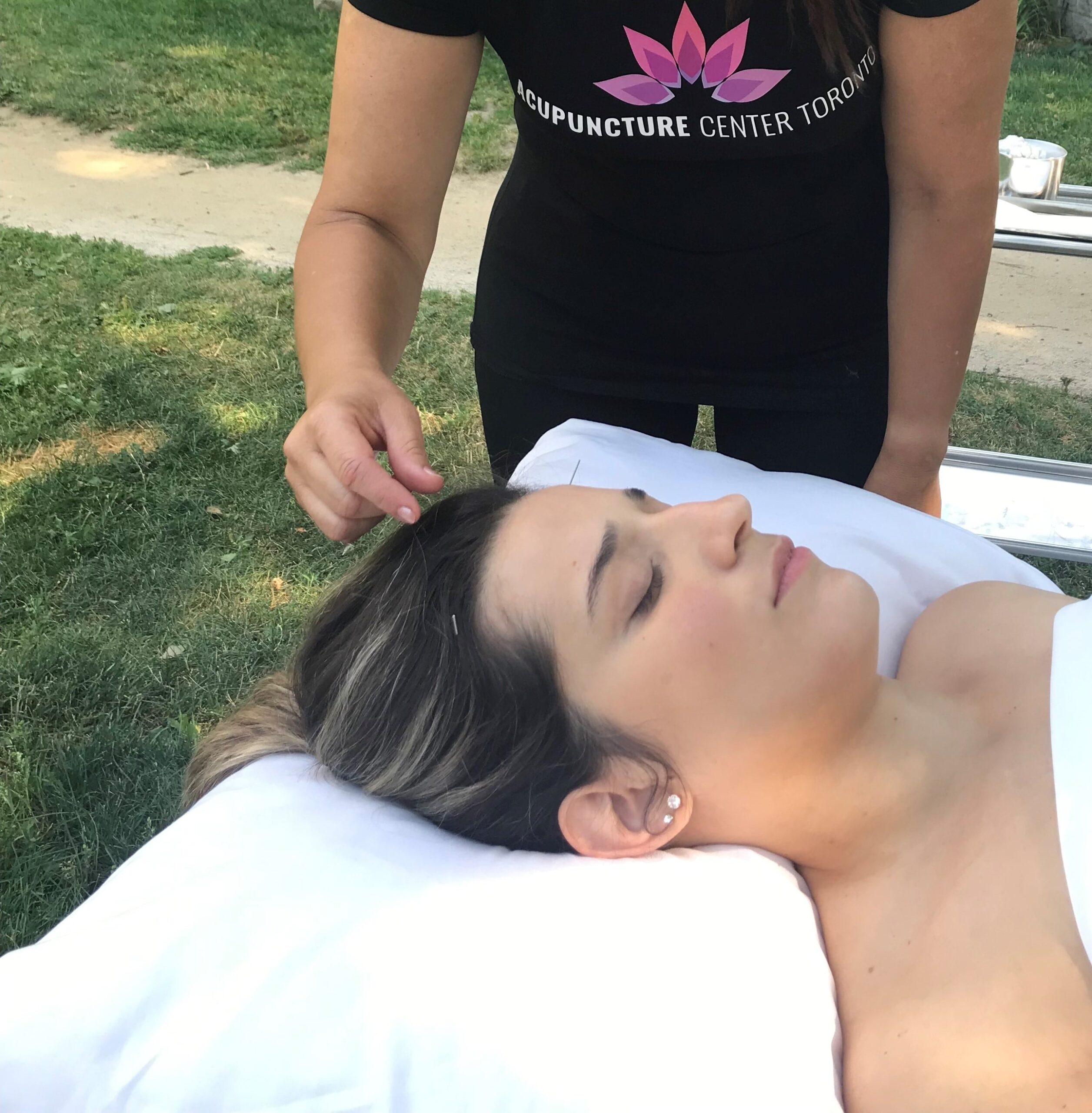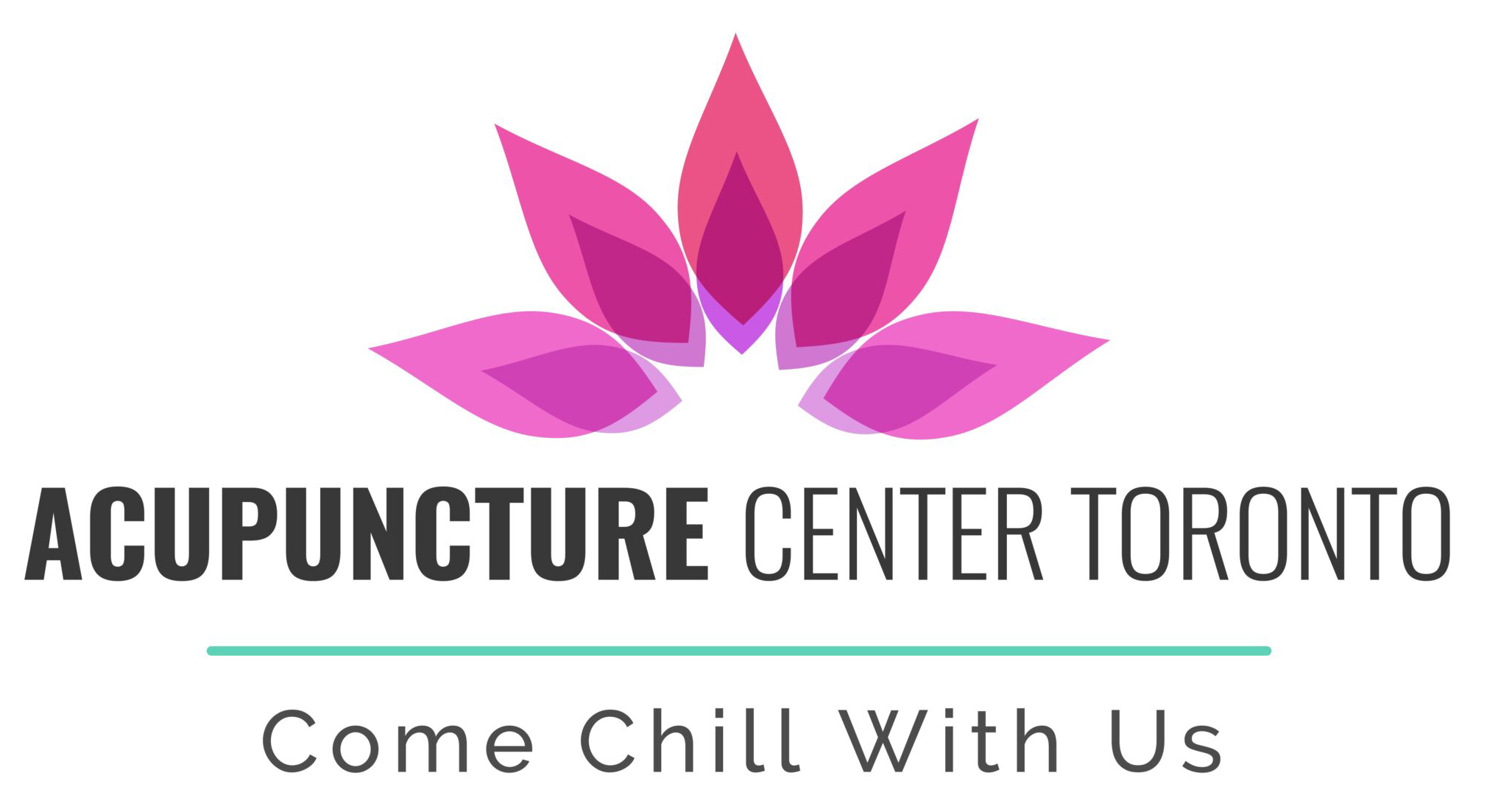Many suffer from Depression in Toronto and it’s a condition we often treat in our downtown Acupuncture clinic. Today we’ll take a look at the biomechanics of depression, how it relates to Chinese Medicine/Acupuncture and self-care you can try at home for extra support. With a “new normal” in effect, we’re left with an aftermath in Toronto of a very challenging time, particularly when it comes to all facets of mental health especially depression. We see more patients that suffer from depression and also those affected are noticeably younger in age. Presentation of depression usually intertwined with loneliness isolation and generalized anxiety. The pandemic has skyrocketed rates of emotional and mental health issues. We do believe Chinese medicine and acupuncture can be helpful in supporting mental and depression. Let’s begin by clarifying what exactly depression is.

What is Depression?
Depression, sadness and grief all fall into the same challenging realm. The term depression is often used broadly to refer to low or discouraged mood that results from disappointments or losses (e.g. death of a loved one, serious illnesses, financial problems). Better terms for such moods are demoralization, sadness and grief. All valid, natural reactions to situations that cause emotional upset or pain. Depression is usually a little differently. It’s a longer-term mental illness that can be debilitating if left untreated.
Depression symptoms can vary from mild to severe and can include:
- Feeling sad or having a depressed mood
- Loss of interest or pleasure in activities once enjoyed
- Changes in appetite (including weight loss or gain unrelated to dieting)
- Trouble sleeping or sleeping too much
- Loss of energy or increased fatigue
- Difficulty thinking, concentrating, or making decisions
- Thoughts of death or suicide

Chinese Medicine: a holistic approach to helping depression in Toronto
From a biomedical perspective, acupuncture has been shown to increase the release of endorphins, the body’s own “feel-good” chemicals, which play an important role in the regulation of physical and emotional health.
Whether used as an adjunct treatment with medication for a depressive disorder or as a support through a natural grieving process, Chinese Medicine and acupuncture can be very helpful. After receiving acupuncture, depressed patients share that they feel lifted, less cloudy and just more “like themselves”.
In Chinese Medicine, our most important organs such as our liver and heart have an associated emotion. This exactly what we speak of when we mention that Chinese Medicine is “holistic”. An organ that is weak or needs a bit of support will usually have associated mental health symptoms. In addition, Registered Acupuncturists view mental health as a product of the quality, volume and movement/flow of Qi and Blood. All mental disorders are due to some sort of disruption of Blood and Qi flow to one or more of the internal organ systems and their mental components. Each organ system that we work on during an acupuncture appointment in our Toronto clinic corresponds to a specific mental state or emotion. In a relaxed environment, we’ll determine which emotions and their respective organs are affected. You’ll be deeply listened to, and we’ll help guide treatments to determine the root cause of your issue. We’ll personalize it to your specific mental health issue. We won’t only take into account your mental headspace but also will want to examine all aspects of your health including sleep, stress levels, digestion and appetite and so on. Once we identify which organ systems are involved, we can target the proper acupuncture points to address the root cause of the imbalance and help the body to return to its balanced state. As we’ve stated in other posts, everyone has organs that are both healthy and some that need a bit of support. We’re here to custom tailer a point prescription based on what your mind and body needs.
Organs, emotions and depression
| Organ Energy in Chinese Medicine | How it manifests in depression |
|---|---|
| Heart SHEN | ⦁ diminished insight ⦁ lack of clarity in thinking ⦁ poor judgement ⦁ prone to anxiety, panic attacks and confusion |
| Liver HUN | ⦁ lack of inspiration ⦁ no creativity ⦁ lack of courage ⦁ indecisiveness |
| Lungs PO | ⦁ vulnerability ⦁ extreme sensitivity to emotions ⦁ disconnection ⦁ isolation and separation from world and society |
| Spleen YI | ⦁ obsessive thinking ⦁ inability to concentrate constructively ⦁ tendency to comfort eat |
| Kidneys ZHI | ⦁ despair ⦁ fearfulness ⦁ lack of drive and will to change ⦁ loss of libido ⦁ Panic attacks |
Organ Energy in Chinese Medicine
How it manifests in depression
Heart SHEN
– diminished insight
– lack of clarity in thinking
– poor judgement
– prone to anxiety, panic attacks and confusion
Liver HUN
– lack of inspiration
– no creativity
– lack of courage
– indecisiveness
Lungs PO
– vulnerability
– extreme sensitivity to emotions
– disconnection
– isolation and separation from world and society
Spleen YI
Kidneys ZHI
– obsessive thinking
– inability to concentrate constructively
– tendency to comfort eat
– despair
– fearfulness
– lack of drive and will to change
– loss of libido
– Panic attacks
What to expect in an Acupuncture appointment for Depression at Acupuncture Center Toronto
We first start with an initial intake to better understand your general health. The assessment will identify specific symptoms and explore medical and family histories as well as cultural and environmental factors. Referrals to other modalities of treatments may be required such as psychotherapy and psychiatric care.
With a treatment plan ready, we can start your acupuncture session. It can involve body acupuncture points, where we insert thin, single use and sterile acupuncture needles to specific points according to Traditional Chinese Medicine meridian theory, as well as scalp acupuncture, a very effective modality for mental health issues and depression. A head and scalp massage can be a very powerful addition to the treatments.

Dietary and lifestyle recommendations may also be included if appropriate.
Successful treatment of depression usually requires a multifaceted approach. Especially if the depression has been long term or severe. A regular regime of acupuncture treatments is usually only one part of a comprehensive treatment plan. A combination of Chinese medical intervention, some form of psychotherapy, appropriate exercise and changes in routine lead to a better outcome than any single intervention alone. In some cases, pharmacotherapy is also necessary. Whatever the course of treatment, it is important to receive an accurate diagnosis from a trusted family doctor so that you may determine the best course of action.
Self-care tips for depression
Exercise
Regular exercise is one of the most important ways to help depression. Aerobic exercise is an integral part of any depression treatment. From a Chinese Medicine point of view, exercise mobilizes Qi and disperses constrained Qi. Think of qi dispersal as a stress buster that helps lift darkness.
A daily brisk walk is an ideal way to get the Qi moving and maintain its flow. The results of regular aerobic activity are cumulative and when a certain level of cardiovascular fitness is attained, the Qi tends to be less prone to constraint. From a biomedical perspective, like acupuncture, exercising stimulates the release of endorphins, which are responsible for that euphoric feeling after a workout known as a “runner’s high”. The most beneficial form of exercise to move Qi and Blood is moderate in intensity, but sustained and aerobic. The person should be breathing deeply but not gasping for breath. No pressure or expectations to run a marathon. Perhaps just start small Take a 5-minute brisk walk. Soon the 5-minute will become 10, 15 and so on!
Gentle Energy building activities
Many patients find that some form of exercise that involves mental concentration helps their mood. Yoga, Taijiquan and Qigong are forms of physical and mental training, involving exercises aimed at improving Qi flow and the ability of the mind to maintain a point of concentration. For long term mental and emotional stability, they are excellent skills to cultivate, with definite benefits on mood and other physiological parameters.
Forest bathing
Forest bathing- exposure to being in a forest (or treed area/park for those living in Toronto and without access to a car) has been found to have anti-depressive qualities. The physiological benefits to tree exposure include proven results in lowering stress hormone and improving depressed mood states. Phytoncide a chemical emitted by evergreens has been proven in many studies to lower cortisol and relax the nervous system. You need not even exercise in the woods. Even sitting or hanging out will serve many of the mood elevating benefits.

We hope this shed some light on a dark subject that affects thousands of Torontonians. We are happy to provide Acupuncture and Chinese Herbal medicine as a soothing way to support depression and mental health. Wishing you comfort and warmth.


